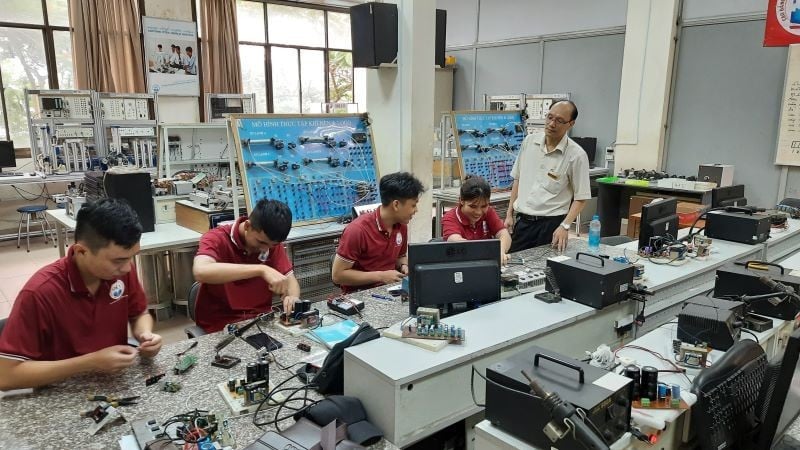
Although it is considered one of the localities with the highest quality human resources in the country, it is necessary to frankly admit that Ho Chi Minh City's human resources currently still do not meet the requirements of knowledge-based economic development and international integration, especially lacking elite human resources who play a leading role.
"Thirst" for high quality human resources
As the country's largest economic center, Ho Chi Minh City has the advantage of being an attractive destination for workers from all over the country. However, reality shows a paradox: in the context of global economic integration, the city is both "thirsty" for highly qualified human resources, but has a "surplus" of unskilled labor.
According to Dr. Vu Thi Mai Oanh, Vietnam Association for Human Resources and Talent Development - Ho Chi Minh City: In the process of transforming the growth model, restructuring the economy, and aiming for sustainable development, developing high-quality human resources is a priority task, a strategic breakthrough.
For many years, Ho Chi Minh City has been a trusted address for the southern provinces and cities, as well as the whole country, in training highly qualified human resources. With many outstanding advantages compared to other localities in terms of facilities, team of educational experts, and extensive experience in education and training, this place has become the top choice for learners, as well as localities and businesses to place orders.

Experts say that Ho Chi Minh City is a major economic and cultural center of the country, with diverse forms of ownership and economic sectors, so it has an advantage in attracting human resources, including high-quality human resources.
Along with that, the training system with about 370 vocational training establishments contributes significantly to training high-quality labor force for the city. However, the quality of human resources, both in the business sector and in the public sector, is still limited and inadequate.
The reason is said to be that the economic and educational conditions of Vietnam in general and Ho Chi Minh City in particular are still in the development stage; education and training are heavily theoretical, without many conditions to strongly develop practice; the level of science and technology is still backward; the State's management policy system in directing, operating, organizing, and improving the quality of human resources is still slow, failing to retain and attract talented people.
Need a synchronous solution
With the goal of building human resources to meet the needs of the labor market and the requirements of economic restructuring, the city has been focusing on promoting the training of high-quality human resources towards modernization and international integration.
Accordingly, Ho Chi Minh City issued Decision No. 2673/QD-UBND dated June 29, 2023 on promulgating the Plan to train and improve the quality of human resources to ensure supply and restructuring needs of economic sectors and fields in the city by 2025, with a vision to 2030.
The general objective of this plan is to train human resources to meet the needs of the labor market and the requirements of economic restructuring of the city; focusing on promoting the training of high-level human resources, towards modernization and international integration, providing quality post-training human resources for the city and localities in the Southern region.
At the same time, closely linked with the Master Plan for training international-level human resources (8 majors: Information and communication technology; mechanics-automation; artificial intelligence; business administration; finance-banking; healthcare; tourism; urban management) for the period 2020-2035; increase the rate of trained workers by the end of 2025 to 87% of the total number of workers, and by 2030 to 89%...

Experts say that to become a center for training high-quality human resources in the region and the country, the city needs to continue to develop and comprehensively reform education and training from goals, to content, teaching methods, organization, and management to move towards a professional education and vocational training system similar to the world; plan to develop a network of educational and training facilities to supplement technical workers' skills for ordinary workers.
The city continues to invest in building a team of highly qualified scientific and technical staff, expanding the number of students studying master's and doctoral programs to serve key economic sectors; implementing a worthy treatment regime to attract domestic and foreign experts and scientists to work in research facilities, creating and applying new technologies; at the same time, building a system of human resource standards for economic sectors, first of all those identified as the city's key breakthroughs, serving the digital transformation process in all industries.
This standard system will identify and establish criteria that must be achieved regarding qualifications, skills, abilities, qualities, etc. for workers, as a basis for building a human resource team.
Dr. Nguyen Thi Luyen, Southern Institute of Social Sciences, said: The city needs a synchronous solution not only for education and training but also for policy mechanism adjustments, as well as the participation of businesses, training units, and workers themselves.
In training, in addition to "intellectual" training, special attention should be paid to the criteria of "mental" training to form a sense of correct working attitude, discipline and high ability to overcome difficulties along with a spirit of dedication, cooperation and construction for work efficiency.
Training institutions need to further strengthen cooperation with businesses in research, development, and adjustment of programs and teaching methods to meet the needs of businesses.
Source: https://nhandan.vn/cap-bach-dao-tao-nguon-nhan-luc-chat-luong-cao-post916887.html


![[Photo] Da Nang residents "hunt for photos" of big waves at the mouth of the Han River](https://vphoto.vietnam.vn/thumb/1200x675/vietnam/resource/IMAGE/2025/10/21/1761043632309_ndo_br_11-jpg.webp)
![[Photo] Prime Minister Pham Minh Chinh meets with Speaker of the Hungarian National Assembly Kover Laszlo](https://vphoto.vietnam.vn/thumb/1200x675/vietnam/resource/IMAGE/2025/10/20/1760970413415_dsc-8111-jpg.webp)



![[Photo] Prime Minister Pham Minh Chinh received Mr. Yamamoto Ichita, Governor of Gunma Province (Japan)](https://vphoto.vietnam.vn/thumb/1200x675/vietnam/resource/IMAGE/2025/10/21/1761032833411_dsc-8867-jpg.webp)









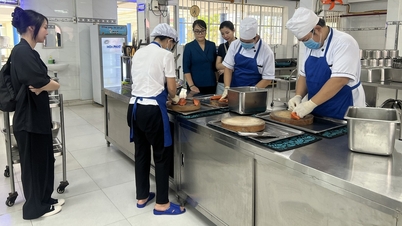






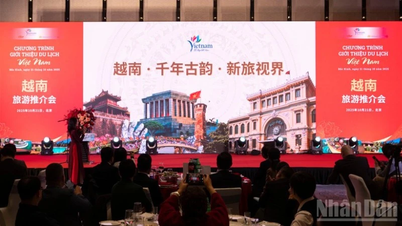
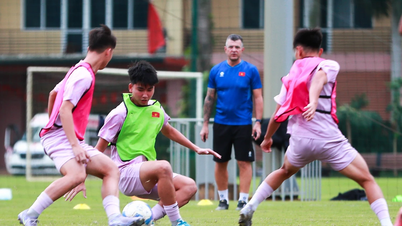
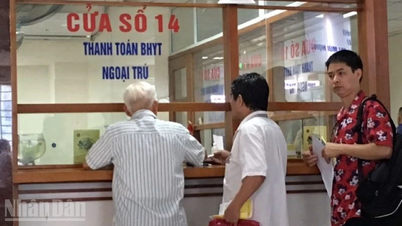
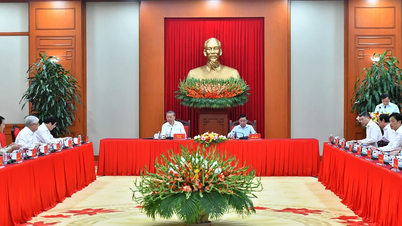
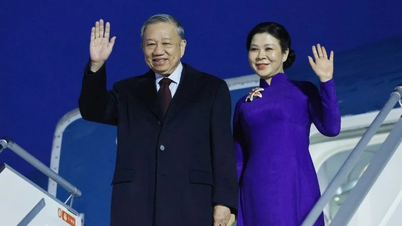



















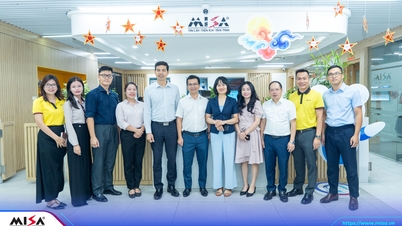













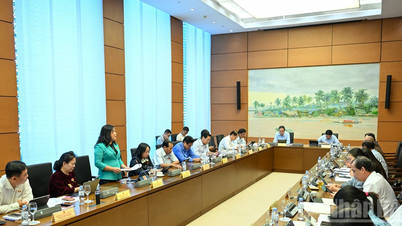
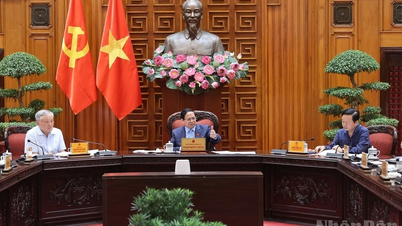
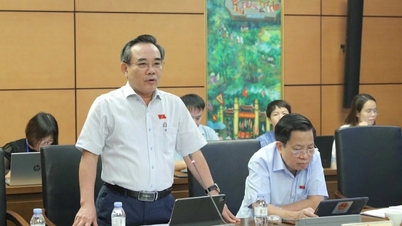
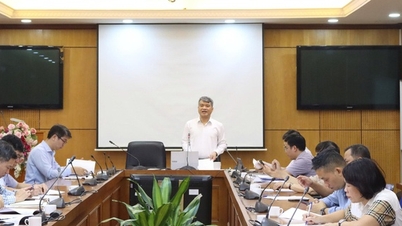
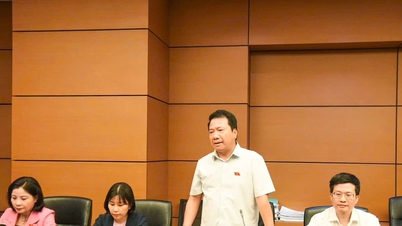

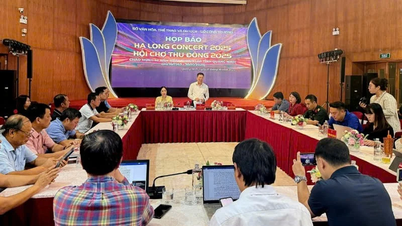
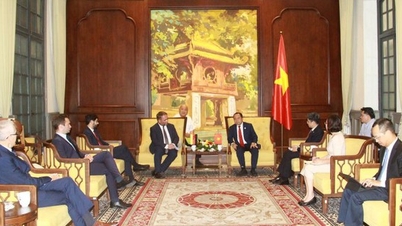


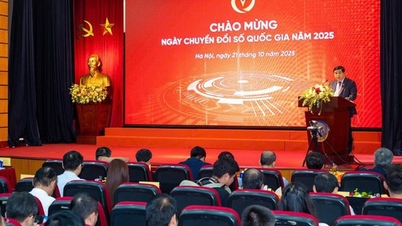


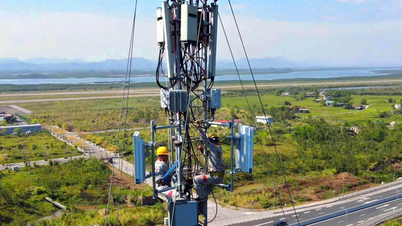
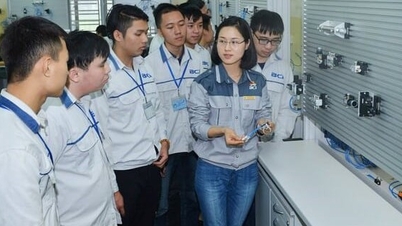
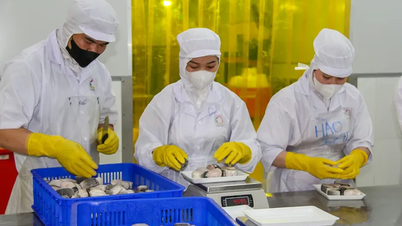

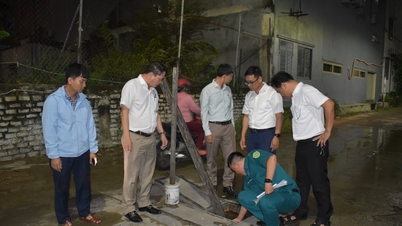

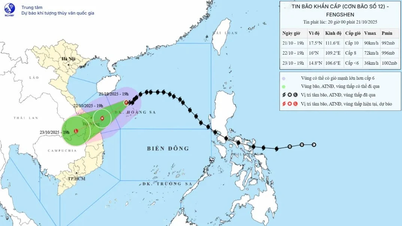

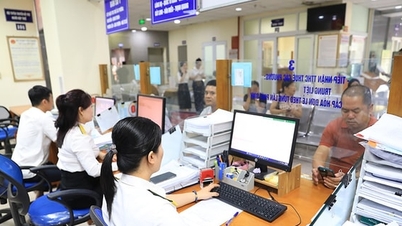



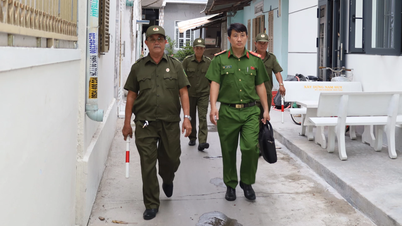











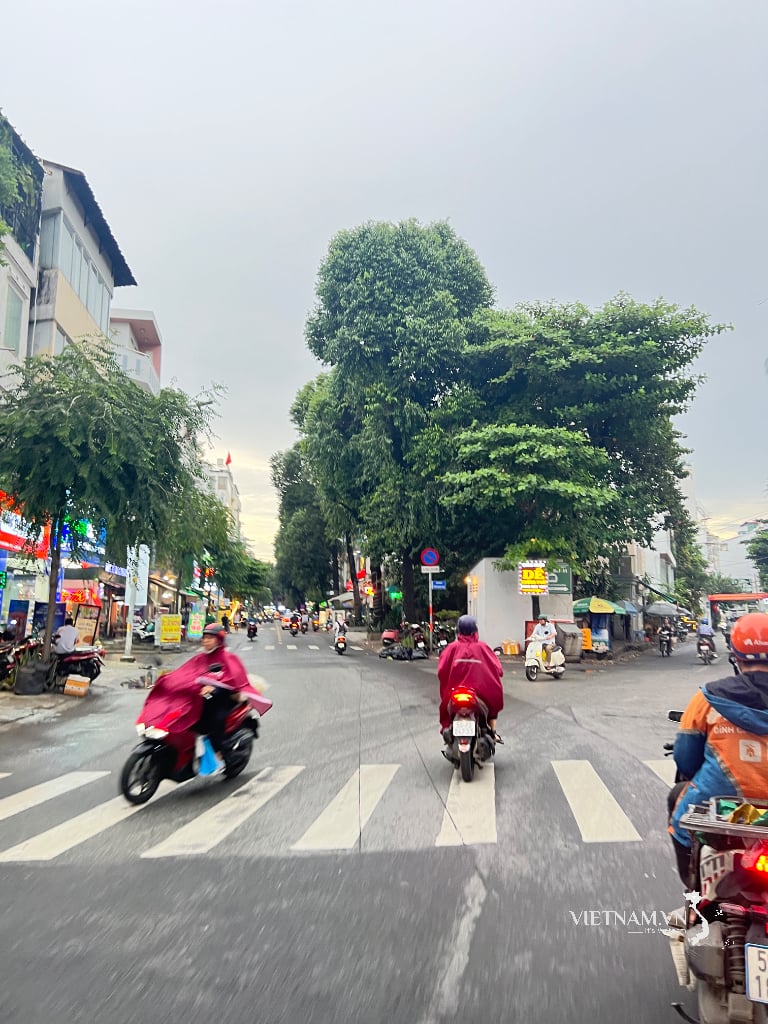


Comment (0)